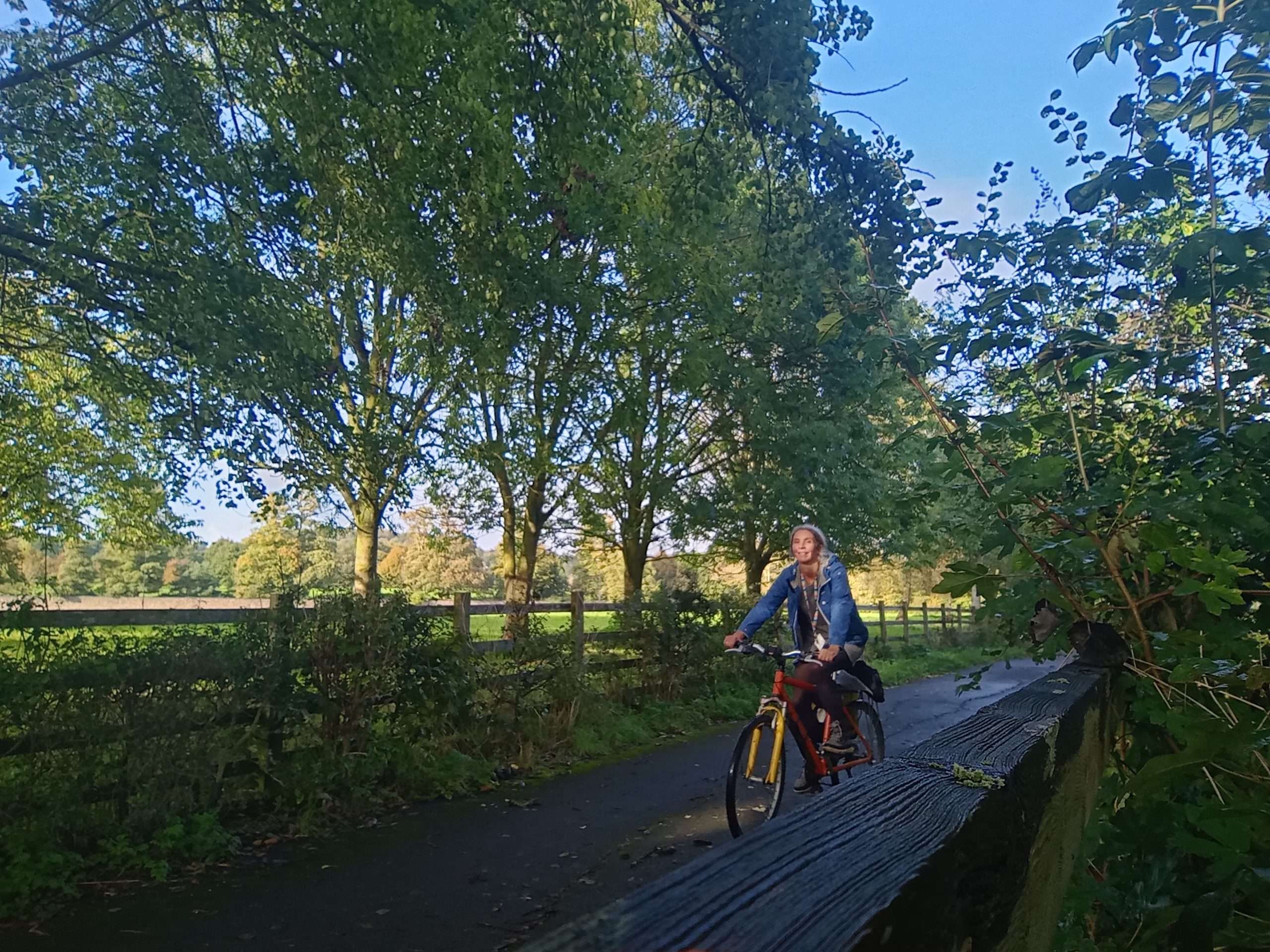The positive power of transport on our mental health
Humans are hardwired for connection. Connecting with others is part of our reason for being, and improves our physical, mental, and emotional health. So what happens when communities are harder to reach?
While social isolation and loneliness are different things, they are closely linked. Our region is made up of bustling cities and lively market towns. But it’s also home to rural villages, small settlements, and houses in hard-to-reach places – where amenities are more of a luxury, and where it’s trickier to find your tribe. In fact, 29% of rural residents in the South West live in hamlets and open countryside. According to the Campaign to End Loneliness, the challenges of rurality can lead to poor health, loss of independence, a lower quality of life – and loneliness. That’s why transport not only allows people to get from A to B – but for many is a lifeline.
With the cost of living rising, and a climate crisis on our hands, we need other sustainable, inclusive options to bridge the gaps across our region. Here at Western Gateway STB, we’re committed to connecting communities through the power of transport. We work with nine authorities to improve the access to our region through sustainable and inclusive transport solutions, and our rural mobility strategy sets out our direction of travel to achieve this for our rural areas.
You can read our rural mobility strategy here.
Wellbeing in the Western Gateway STB workforce
As well as making it our mission to improve the wellbeing of everyone in the region, we believe it’s first and foremost important to make sure our workforce is cared for.
The theme for this year’s World Mental Health Day is workplace mental health, which highlights the importance of addressing mental health and wellbeing in the workplace, for the benefit of people, organisations, and communities.
Work-life balance is key. This #MentalHealthWeek, take a moment to reflect on your well-being—which you can improve on your way to work too! Why? A two-wave panel analysis of British commuters, Mytton et al. (2016b) found that cycling to work boosted mental health over time. Similar results were shown by Martin et al. (2014), who – using 18 waves from the British Household Panel Survey – found that the commuting mode influenced psychological well-being over time. Compared to the use of the car, active travel and public transport were found to increase well-being. In addition, wellbeing was found to increase significantly after a switch from car (or public transport) to active travel.
At Western Gateway STB, we all travel to the office by public transport or bike where possible. While Jess and Hannah make the most of Bristol’s network of cycle paths to come to the office by bike, James, Hattie and Mena hop on the train to then enjoy a short, leisurely stroll to the office.

So next time you consider grabbing your car keys, why not think about the greater benefit choosing a different mode could have on your mental health?
